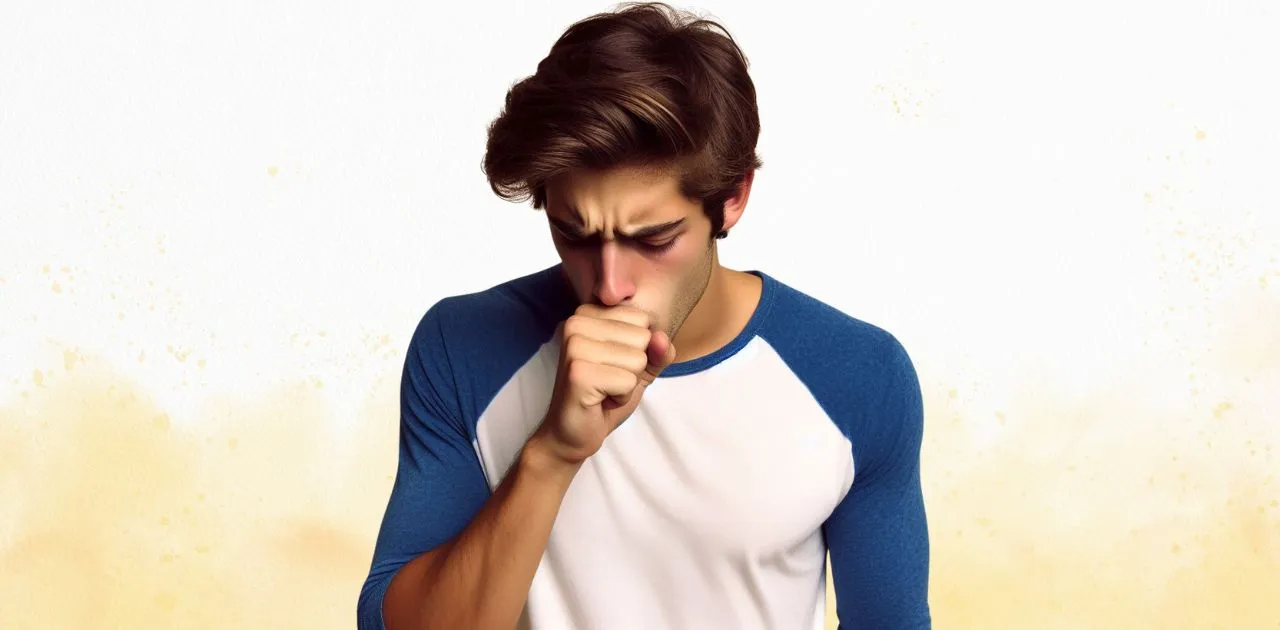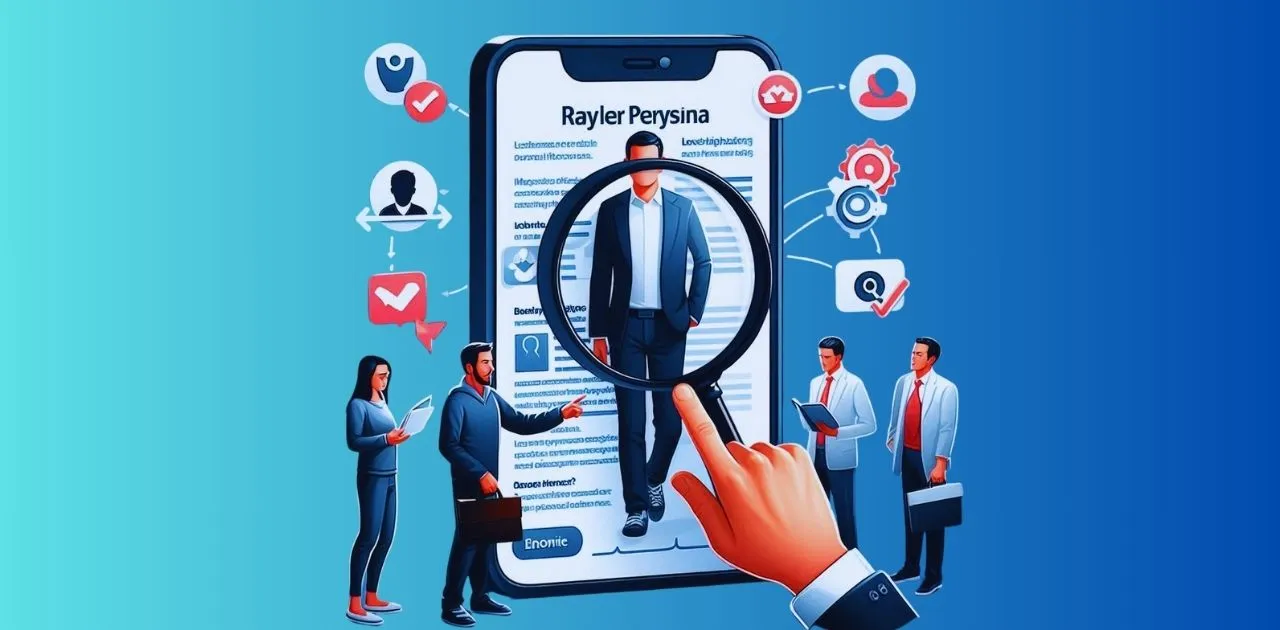When your child coughs, you usually think of common infections, and most of the time, you are right. But what if a pediatric respiratory specialist told you that your child has no physical problems? Yet this could be the case if your child has developed a Coughing habit.
Habit cough is a severe condition that is difficult to diagnose and treat in routine medical visits. It affects your quality of life even though, as you will discover below, it has no medical cause.
Coughing is common in children and teenagers, although adults can also develop them. The blog will discuss what habit cough is. And what are the symptoms and causes of a chronic cough?
Table of Contents
What is Habit Cough?
Habit cough, or psychogenic or somatic cough, refers to a persistent cough lacking a physiological cause. Unlike typical coughs triggered by respiratory infections or allergies, a habit cough persists despite the absence of any underlying medical condition.
It significantly affects a person’s quality of life and usually happens in particular settings or situations.
Coughing habit most commonly affects school-aged children, typically those in late elementary or early high school, and both boys and girls are impacted equally.
In the year 2015, the American College of Chest Physicians (ACCP) suggested using the phrases Somatic Cough Syndrome and tic cough instead of psychogenic and habit cough. This suggestion aims to standardize language using the Diagnostic and Statistical Manual of Mental Disorders, Fifth Edition (DSM-5).
How do You Recognize a Habit of Coughing?
It is critical to understand when a cough is psychogenic since it may be confused with an illness such as asthma. A misdiagnosis could lead to the child taking needless medication, so if the cough lasts longer than a few weeks, it is best to contact a pediatric respiratory expert.
Some typical signs of habit cough include
- Harsh noise
- Loud honking
- A barking cough
- Repetitive coughing (occurs numerous times per minute for hours)
- There is no sputum production
- No history of shortness of breath
- No signs of fatigue
- Voice quality and pitch remain unchanged.
Other signs are:
- Habit cough typically involves a repetitive and persistent cough that persists despite the absence of any physiological causes.
- Unlike coughs caused by respiratory infections or allergies, coughing habit occurs without any underlying medical condition.
- It often occurs in specific situations or environments and may be triggered by certain stimuli or stressors.
- Habit cough may temporarily cease or lessen when the individual is distracted or engaged in activities that require concentration.
- Individuals with coughing habits typically do not experience other respiratory symptoms such as wheezing or congestion.
Recognizing these characteristics allows you to differentiate it from other coughs and seek appropriate evaluation and treatment.
Psychology of Coughing Habit
A coughing habit is when the urge to cough becomes habitual, often without any underlying physiological cause. Understanding the habit coughing psychology involves investigating various factors, including,
- Psychological triggers
- Coping mechanisms
The interaction of psychological elements such as stress, anxiety, and emotional trauma is central to habit cough. For many individuals with a habit cough, the coughing behavior serves as a coping mechanism or a way to relieve underlying psychological distress.
Stressful events, performance anxiety, or unresolved emotional difficulties can all cause and prolong coughing attacks. It creates a cycle in which psychological distress stimulates the need to cough, resulting in increased stress and worry.
Furthermore, the habit of coughing can be viewed through the lens of classical conditioning, in which the repeated association between particular stimuli and the coughing response increases the chronic nature of the behavior.
For example, people may develop a coughing habit in specific situations, such as public speaking or social interactions, where they perceive heightened stress or anxiety. Over time, this association becomes ingrained, and the coughing behavior occurs automatically in response to similar triggers, even without any physiological need to cough.
What Causes a Habit of Cough
The causes of habit cough are primarily linked to psychological factors rather than physical ones.
Research shows that upper respiratory tract infections can cause compulsive coughing in some cases, but the cough persists once the infection is gone. This type of cough can last for weeks, months, or even years, making it a chronic cough.
Psychosocial stressors have also been associated with coughing habits. This results in the individual exhibiting a conversion disorder. This is a psychological disorder in which a physical symptom, such as a cough, diverts attention and feelings away from stressful stimuli.
Adults May Encounter Stressors Like:
- Marital difficulties
- Work stress
- Death of a loved one
- Children’s stressors may include:
- Academic obstacles in school
- being bullied
- Parental conflict
- Divorce between parents
- The death of an important family member or pet.
Some other common psychological conditions that cause coughing habits are:
Stress and Anxiety
Anxiety or high levels of stress might set off a coughing habit. The body’s natural response to stress can manifest in various ways, including chronic coughing, as a coping mechanism.
Trauma or Emotional Distress
Past traumatic experiences or unresolved emotional issues can contribute to the development of habit cough. Individuals may subconsciously use coughing as a way to cope with underlying emotional pain or distress.
Psychological Triggers
Certain situations, environments, or emotions can trigger habit cough. These triggers may vary from person to person but often involve situations that evoke feelings of anxiety, tension, or discomfort.
Learned Behavior
Sometimes, the habit of coughing may develop as a learned behavior, especially in children who observe others engaging in similar behaviors. This type of mimicry also causes grunting habits in individuals.
Identifying and addressing these underlying psychological issues is crucial for effectively managing and treating coughing habit.
Diagnosis of Habit Cough
Your doctor can diagnose coughing habits if the symptoms above are present and no underlying medical disorders are suspected to cause the cough.
Your doctor will carefully review your medical history, perform a physical examination, and request diagnostic testing to achieve an accurate diagnosis. Various diagnostic tests include
- Physical examination
- Pulmonary function tests
- Blood test
- Chest X-ray
These tests help ensure that the coughing behavior is not secondary to underlying respiratory conditions like asthma, bronchitis, or sinusitis.
Diagnosing habit cough involves a systematic approach that combines clinical assessment, diagnostic testing, and expert medical judgment to differentiate it from other causes of chronic coughing.
How to Stop the Habit of Coughing in Children?
Medicines do not help treat the coughing habit because there is no underlying physical cause, so it is essential to stop all unnecessary medication. Children’s habit of coughing can be treated with counseling and reassurance.
First, it’s critical to understand that, despite the cough’s annoying behavior, chronic cough is not a medical emergency, and your child is, in fact, medically healthy. Simple reassurance that the cough is not dangerous and will disappear can help ease symptoms.
Parents have an essential role in assisting their children with regular cough therapy. The parents should provide positive reinforcement through praise and positive comments whenever there is evidence that the cough is improving.
Coughing habits and tension can be minimized by teaching kids relaxation techniques such as progressive muscle relaxation, deep breathing exercises, and guided visualization. These techniques empower children to gain control over their physiological responses and promote overall well-being.
If the habit of coughing is not improving, consultation with a child psychologist is essential in such cases. They may offer therapies such as counseling and reassurance, hypnosis, distraction, or suggestion therapy. These therapies are intended to assist the child in gradually learning to suppress their cough until they no longer feel the need to cough.
Also learn how to stop a bad habit permanently.
Hypnosis in Treating Habit Cough
A report at the pediatric pulmonary center has shown that hypnosis is a potential treatment for habit cough. During hypnotherapy sessions, a therapist leads the child into a deeply relaxed condition, in which they are more open to suggestions.
The therapist might recommend positive affirmations and visualizations to minimize the chronic coughing reflex in this relaxed condition. Hypnosis can help interrupt the coughing pattern and develop healthier respiratory habits by treating underlying psychological reasons such as stress, anxiety, or unresolved emotional difficulties.
Hypnosis can also be used to teach children self-regulation strategies for stress and anxiety, allowing them to gain control of their coughing. This may include teaching the child relaxation activities, for example, deep breathing or progressive muscular relaxation, that they can practice independently to minimize the frequency and severity of coughing.
For example, if a person feels the urge to cough, they can drink water or wrap a cloth around their stomach to divert their attention.
How to Treat Habit Cough in Adults
Adults with a habit of cough are often treated with a comprehensive strategy that addresses both the physical and psychological elements of the problem. Initially, it is critical to rule out any underlying medical issues through a thorough examination by a healthcare specialist.
Once physical causes are ruled out, the focus shifts to addressing the psychological factors contributing to the cough. This usually involves therapy to assist persons in identifying and changing negative thought patterns and actions connected with coughing.
Speech therapy can also be beneficial, teaching techniques to control the cough reflex. Environmental modifications, support groups, and regular follow-ups with healthcare professionals are essential treatment components.
Overall, a personalized and multidisciplinary approach is critical to effectively treating coughing habits in adults.
Conclusion
Understanding what a habit cough is and finding reassurance that nothing else is wrong are crucial initial steps in managing this condition. Recognizing the psychological mechanisms behind the habit of cough is vital for effective diagnosis and treatment.
While some may not be concerned with their symptoms, others find them irritating. As a result, the habit of coughing is something to be aware of because it might be unpleasant to others. Coughing can sometimes be an indication of underlying psychological discomfort.
Individuals suffering from habit cough can improve their symptoms and overall well-being by implementing a comprehensive treatment that includes behavioral therapy and lifestyle changes.
FAQs
How long does a habit cough last?
A habit cough can vary in duration from person to person. Some individuals may experience it for a few weeks, while others may have symptoms persisting for several months or even longer. The duration often depends on factors such as the individual’s response to treatment, their ability to manage stress and anxiety, and the effectiveness of behavioral interventions. It’s essential to seek professional help for proper evaluation and management if the cough persists for an extended period.
Can coughing habits be cured?
Indeed, breaking the habit of coughing is entirely possible, and there are fascinating methods to achieve it. Imagine a scenario where hypnosis treatment or gentle suggestions are employed to guide individuals, especially children, toward regaining control over their coughing habits. Individuals can learn efficient strategies to manage and eventually overcome coughing, leading to a healthier and more pleasant life.




